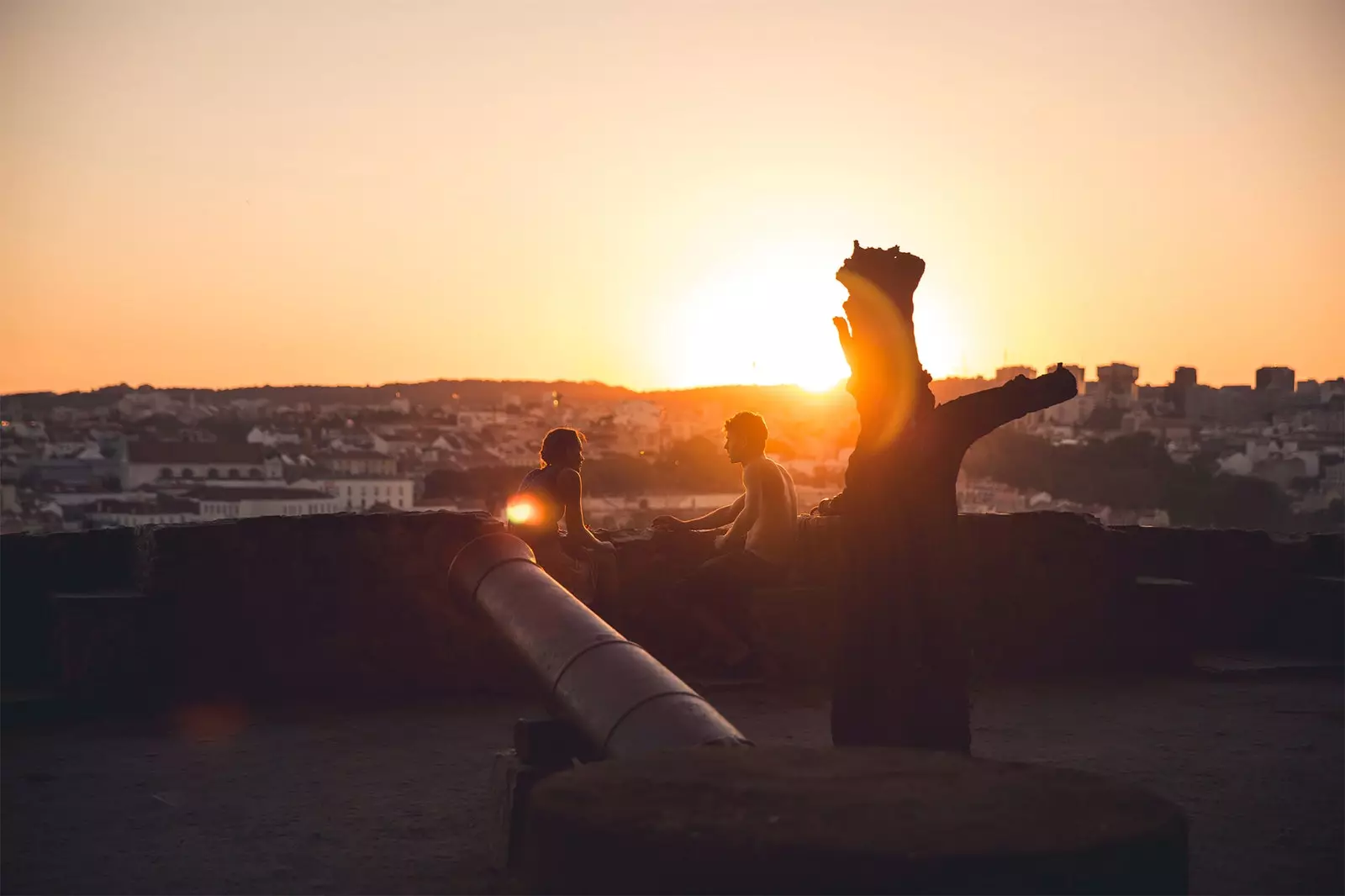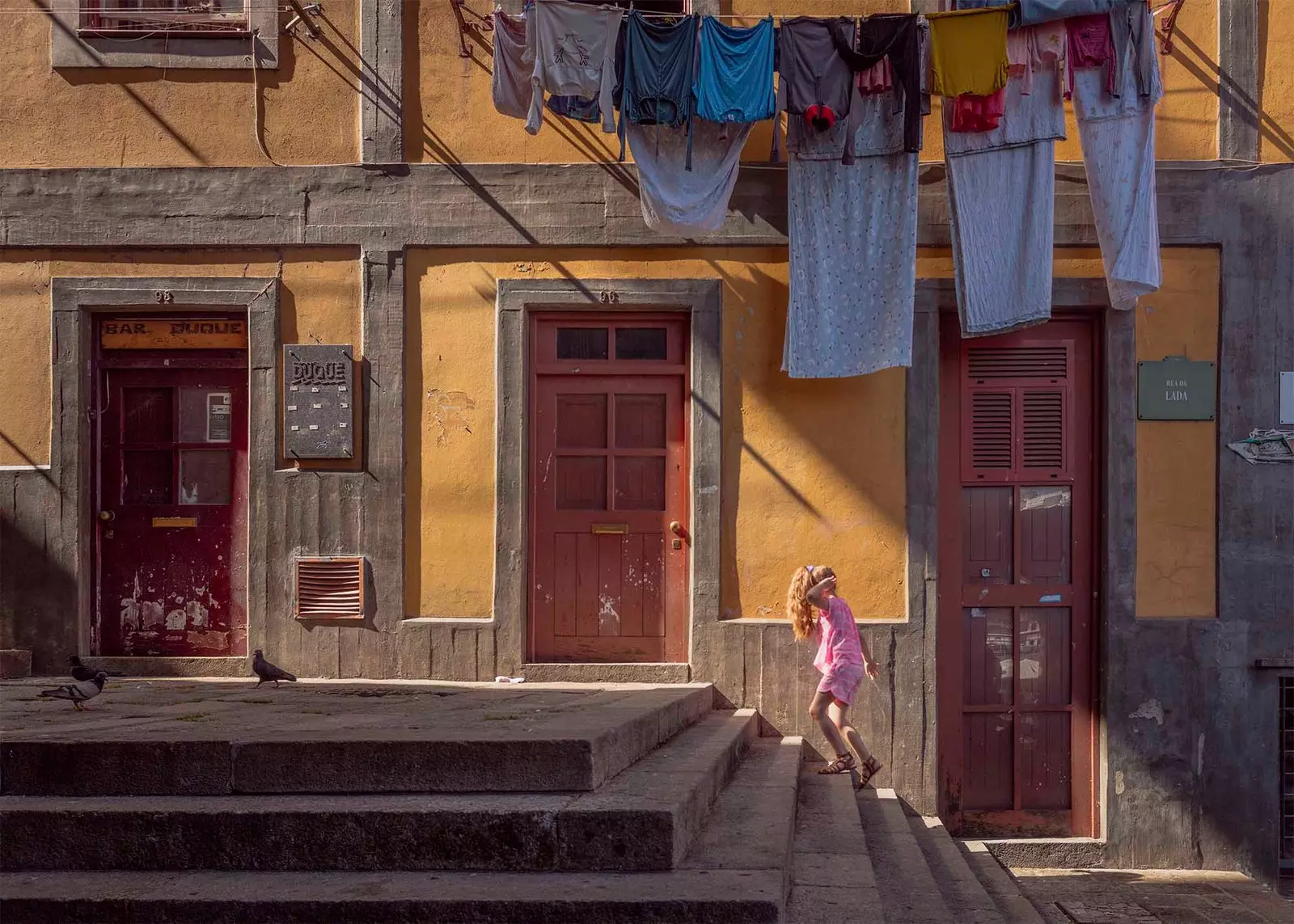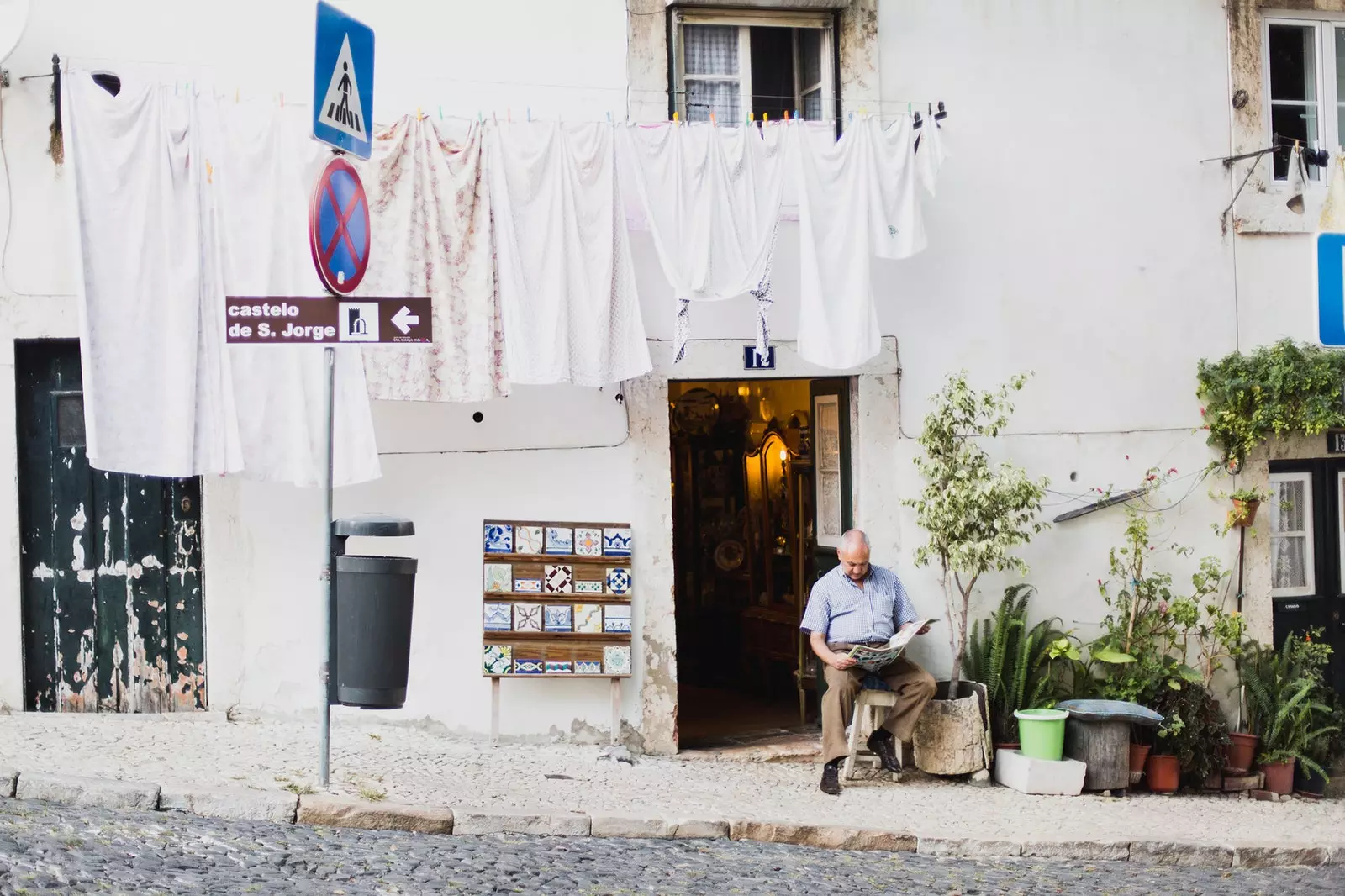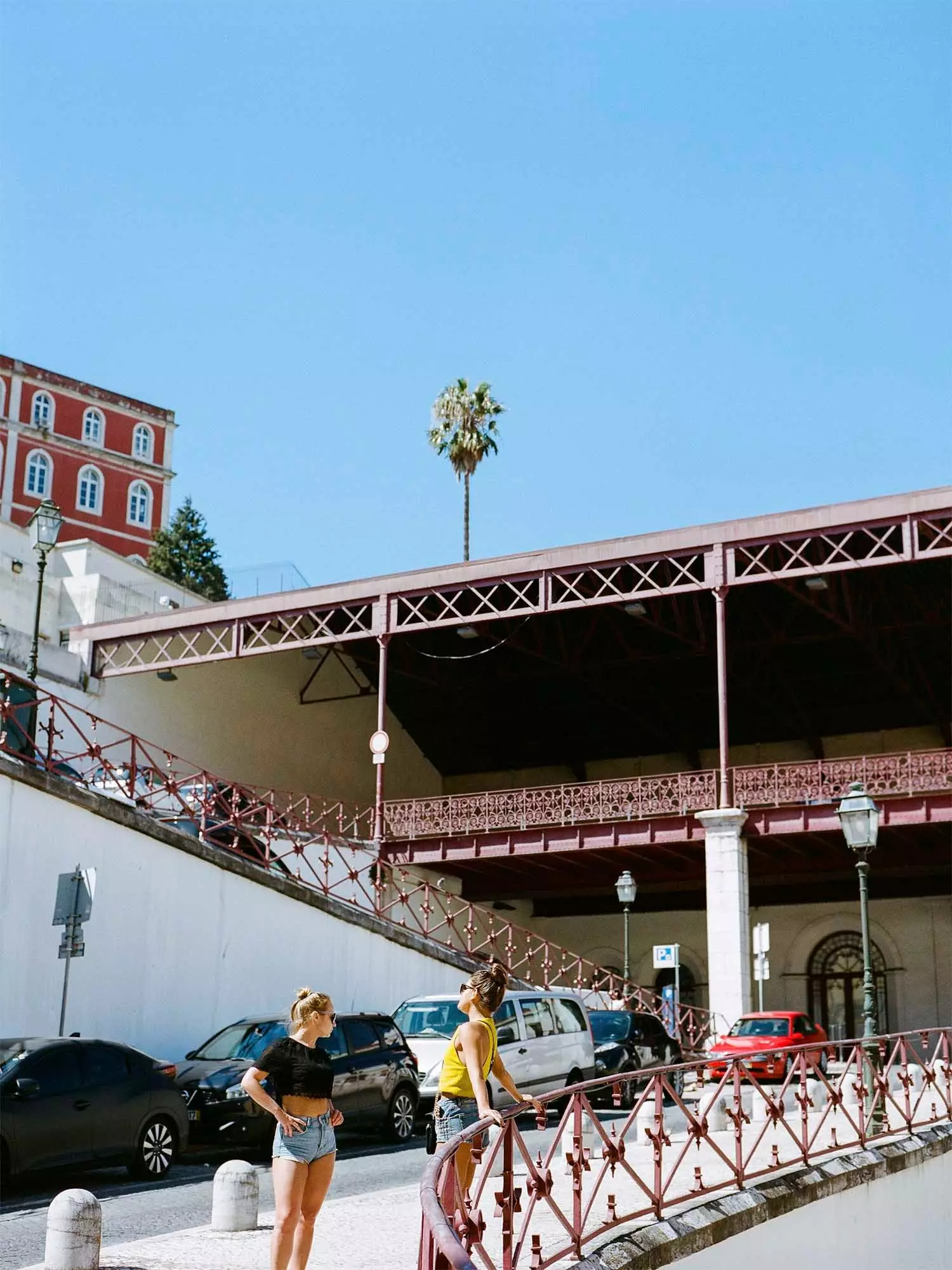
You will meet locals in the most authentic way possible
“More than teaching you things, we try to make you understand them” says the motto of We Hate Tourism . It is the alternative to traditional tours with which its founder, Bruno Gomes, tries free Lisbon and Porto from the overcrowding of visitors.
In times when tourists hire trips in groups of 200 people to climb Everest Regardless of your previous preparation, proposals like yours are more than just original entertainment. They are almost an obligation.
Lisbon is experiencing a situation almost as worrying as that of Barcelona . The change came ten years ago. As its citizens lost their jobs due to the crisis, the Portuguese capital became overcrowded with foreigners.

The Porto that the 'tours' don't show you
Bruno Gomes, founder of the project, recruited a group of unemployed like him to tell the real Lisbon to those who came. Now, eight people make a living from it and have the capacity to hire people part-time.
They tell you things from you to you, they advise you what to do (and what not to do) to avoid tourist traps And they don't just focus on walking around cities: they also organize other types of thematic experiences. For example, days of surfing, taking you to the bars where they would eat or having dinner with local people in their offices of the original LX Factory market. Bruno himself tells us what is going on We Hate Tourism Tours.
Ask: Have you seen the images of Everest jammed with people? Have we gone crazy even when we are on vacation?
Response: Completely! For a long time, we have not been aware of our actions nor do we think about the long-term consequences.
Q: And you are guides who are never going to put your clients in a queue...
A: It doesn't make sense for us to take people on our tour to a palace and make them wait an hour to get in. We prefer to spend that time drinking a beer or a glass of wine at the door and chatting about the building and its history. The routes that we propose change every day so that we don't get bored. Yes, we went through some of the essential places, only that we left a little earlier than the rest to avoid rush hours.

In Alfama, memory counts
Q: The name of your tours is quite blunt. What do you like least about tourism in Lisbon?
A: One of the things that annoys me the most is the passion that people have for fado as a symbol of the country. It was a propaganda weapon of the dictator Salazar to launch messages and ideas that were not real at the time and are not now. That romantic concept of a poor citizen but proud of his culture, who feeds on wine, sardines and fado and is happy that way...
Q: Do you think that Lisbon and Porto are being spoiled?
A: I know a couple, she is German and he is French, who have been living in Lisbon for five years and are now leaving. They say that what brought you here is gone.
Q: And how do you think it can be solved?
A: There is a lack of awareness both of those who visit us and of our politicians. Despite our name, we do not hate, although we do care about what happens and we work daily to build bridges with people who seek more real experiences. We propose a form of tourism that is, among other things, more sustainable.

A different way to see Lisbon
Q: What exactly has happened these ten years?
A: Several things have happened. The first was the crisis. It turned us into a country without money, so the government approved a series of tax benefits with which to attract foreign capital . It also had to do with the Arab Spring. Tourists from France and Germany, who previously visited Turkey or North Africa, have since decided to travel to destinations they consider safer, such as Portugal.
Q: Low cost airlines also took note of it.
A: That was another reason. Not only because they made the flight to our big cities cheaper; they also promoted those routes in advertisements and social networks. They did an advertising campaign that the Portuguese government had not done before.
Q: If something characterizes you, it is that you are very critical and ironic.
A: We only tell the truth, but we are also self-critical: we know that now we are part of this whole circus which has been assembled in Portugal.
